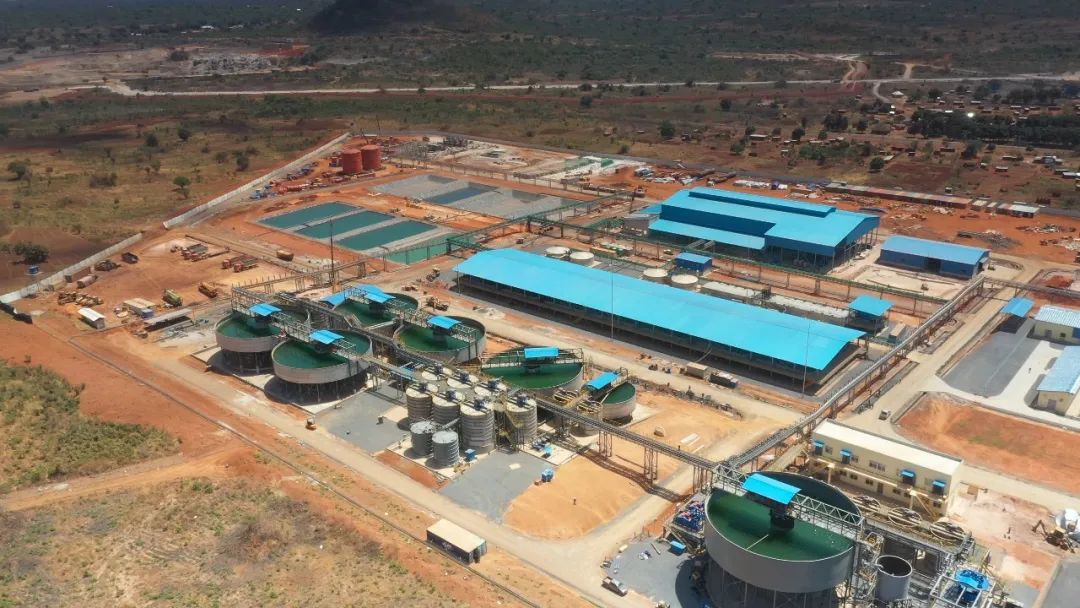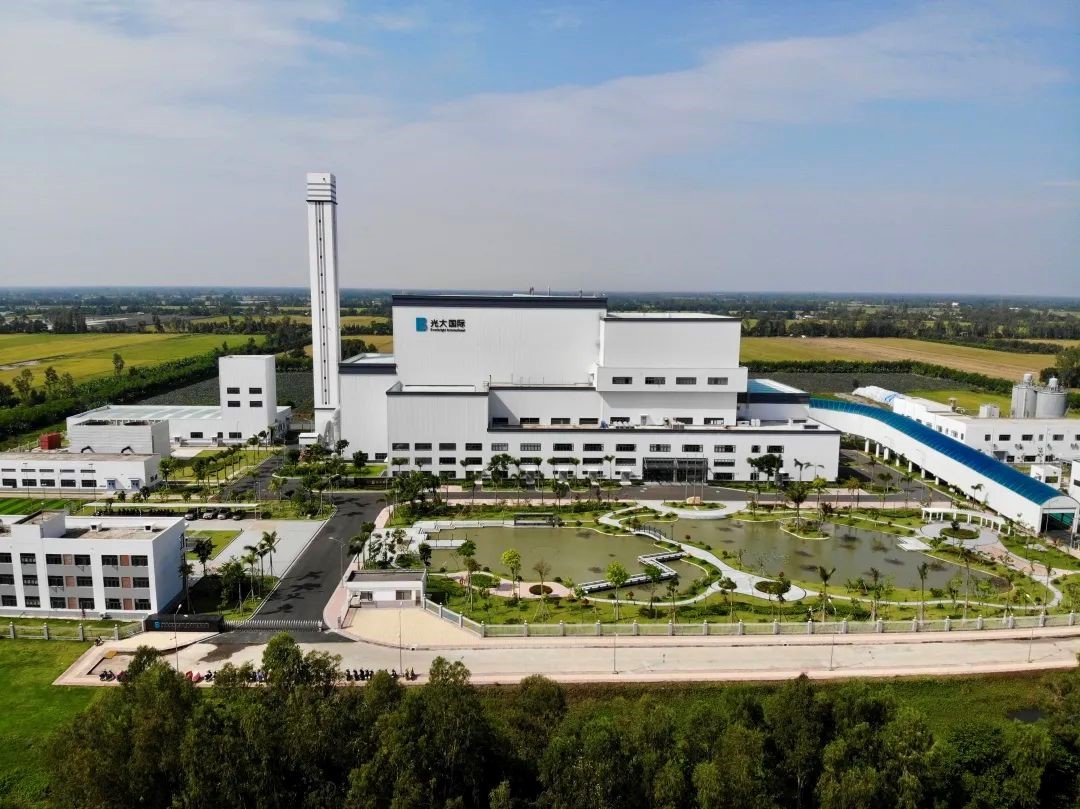Establishing Hong Kong as an International Legal Hub
By Edward Liu, Reed Smith Richards Butler, Senior Registered Foreign Lawyer
On 14 December 2017, the HKSAR government and the National Development and Reform Commission signed “Advancing Hong Kong’s Full Participation in and Contribution to the Belt and Road Initiative” (the ’Arrangement’). The Arrangement serves as a blueprint for Hong Kong’s further participation in the “Belt and Road Initiative” (the ’Initiative’).
The Arrangement has explicitly given its support to establish Hong Kong as an international legal and dispute resolution service hub for the Asia-Pacific region, hence to provide international legal and dispute resolution services for the Initiative. In order to practically implement the policies under the Arrangement and effectively realize a series of preferential policies towards Hong Kong, there is an imperative need for the negotiation between HKSAR government and legal industries to formulate specific proposals with detailed measures. Hence, the following foremost question for Hong Kong is, how to utilize the preferential policies under the Central Government’s overall jurisdiction and make full use of Hong Kong’s advantages under its high degree of autonomy in order to attract more mainland and overseas enterprises to use Hong Kong’s legal and dispute resolution service for disputes arising from commercial transactions related to the Initiative.
Encourage Chinese enterprises to choose Hong Kong as the dispute resolution venue
With the continuous growth of trade globalization and the Initiative, cross-border transactions become even more active. Hence, the number of disputes related to cross-border investments and international trade will increase accordingly. Imagine, in a transaction where one party is a Chinese enterprise and the other is an overseas enterprise, the overseas enterprise would always seek overseas arbitration institutions for settlement of any potential contract dispute. This is out of the concerns that overseas enterprises are generally incomprehensive of and are also lack of trust for mainland legal system and arbitration institutions. Nevertheless, for Chinese enterprises, equally, they will be uncertain about going overseas to settle disputes and also will have concern on the expensive legal costs. Under such circumstance, as the only common law jurisdiction in China and also under the protection of the Basic Law, as well as having the unique geographical location which allows for Western-Chinese cultural fusion, Hong Kong will undoubtedly be the ideal arbitration venue where both parties can accept.
As the bargaining power of Chinese enterprises in international trade and investments gradually increase, it becomes obvious to “stay at home” for dispute resolution regarding disputes in cross-border investments and transactions. Therefore, HKSAR government should establish a cross-department group, and actively seek to set up a cooperation mechanism with the relevant national authorities and organisations, which are respectively responsible for communications with the stated-owned enterprises and private enterprises. This group should aim to promote Hong Kong’s legal and dispute resolution services to all kinds of Chinese enterprises, and also encourage these enterprises to choose Hong Kong as the seat of arbitration for commercial disputes.
Provide more accommodation for the recognition and enforcement of Hong Kong arbitration awards in mainland
With the progression of the Initiative, it is envisaged that there will be more foreign-invested enterprises as well as wholly foreign-owned enterprises incorporated in Mainland China and especially in free trade zone (FTA). If both such companies agree to arbitrate overseas (including Hong Kong), according to the current Chinese legislation, the relevant arbitration awards are very likely not to be recognized and enforced by the Chinese courts because such awards do not have foreign affairs.
In 2015, the Supreme People’s Court (the ’SPC’) introduced a document with a view to providing judicial assistance and protection to the Initiative. In particular, the SPC indicated to support the parties to resolve the disputes in relation to the Initiative. Thus, HKSAR government should negotiate with the SPC and other mainland authorities to introduce relevant judicial interpretations to affirm that the enforcement of arbitration awards made in Hong Kong will not be affected due to its absence of foreign affairs under the abovementioned circumstances. If this result can be successfully realized, it will inevitably attract more commercial contracts to choose their arbitral seat in Hong Kong. Hence it will in no doubt enhance the status of Hong Kong as the international arbitration hub and help to improve the general business environment in Mainland China.
Please click to read the full report.




